When it comes to the delivery and management of education, different industries have different requirements for their Learning Management Systems (LMS). But what are the most important features for Associations?
Of course every LMS should cover a set of basic requirements. For example, it should be easy to use for both learners and administrators, should manage online and in-person courses, track learner progress and be SCORM and AICC compliant.
LMS features most important to Associations
Here are a few areas we recommend your LMS should be able to handle with reasonable ease.
eCommerce – most associations will want to be able to sell their educational offerings (courses, conferences, textbooks and webinars etc) through their LMS. An integrated eCommerce engine will facilitate these transactions. But don’t forget that your LMS should also be able to handle member and non-member pricing options, coupons, tokens and discounts such as early birds. Some eCommerce engines can offer more sophisticated capabilities like cross-selling and bundling of products to drive more revenue.
2-way integration with Association Management Systems – an association’s member profiles and contact information is maintained in its AMS, while the tracking of completed courses and CEUs earned is maintained in its LMS. Ensure you can easily put a 2-way integration in place to automatically synchronize information between both systems. The main benefit is that it cuts down on a lot of manual data entry and resulting errors. Look for a configurable product bridge to handle the integration. This makes it easier to map out the type of data you need to exchange between the systems, speeds up the integration process, and reduces the maintenance costs.
Reporting – having the ability to access insights can help you understand what is important to your members and how successful they are with the provided assessments. It also helps you to identify which offerings are generating the most revenue and which type of offerings are most successful. Having this information at your fingertips enables more effective decision-making among management and can help you justify your department’s budget and spend.
Certifications and Designations – organizations that offer certifications will need to manage the programs (both the initial process and the on-going maintenance cycles), track Continuing Education Units and collect associated fees. We recommend that you find an LMS that can automate and manage this process well and one that can also adapt if needed to your certification approach and processes. A good LMS will allow the Certification and Education departments to work autonomously and independently of each other while providing a unique database for highly correlated data, hence simplifying reporting and simplifying integration with other key systems.






